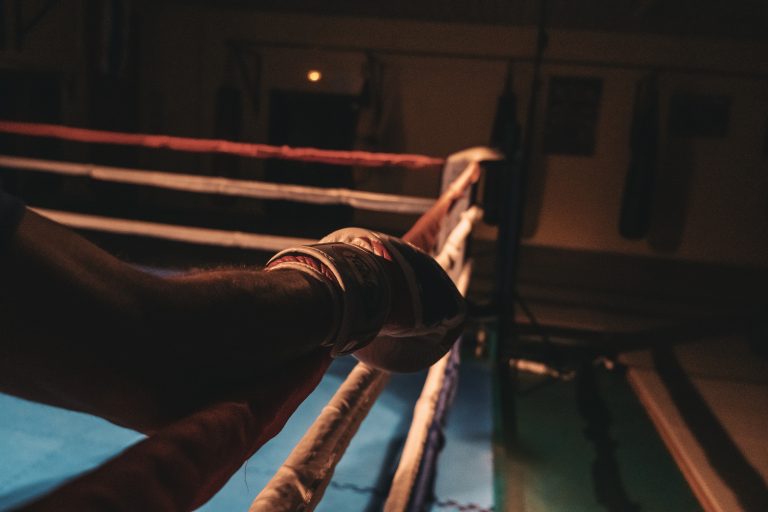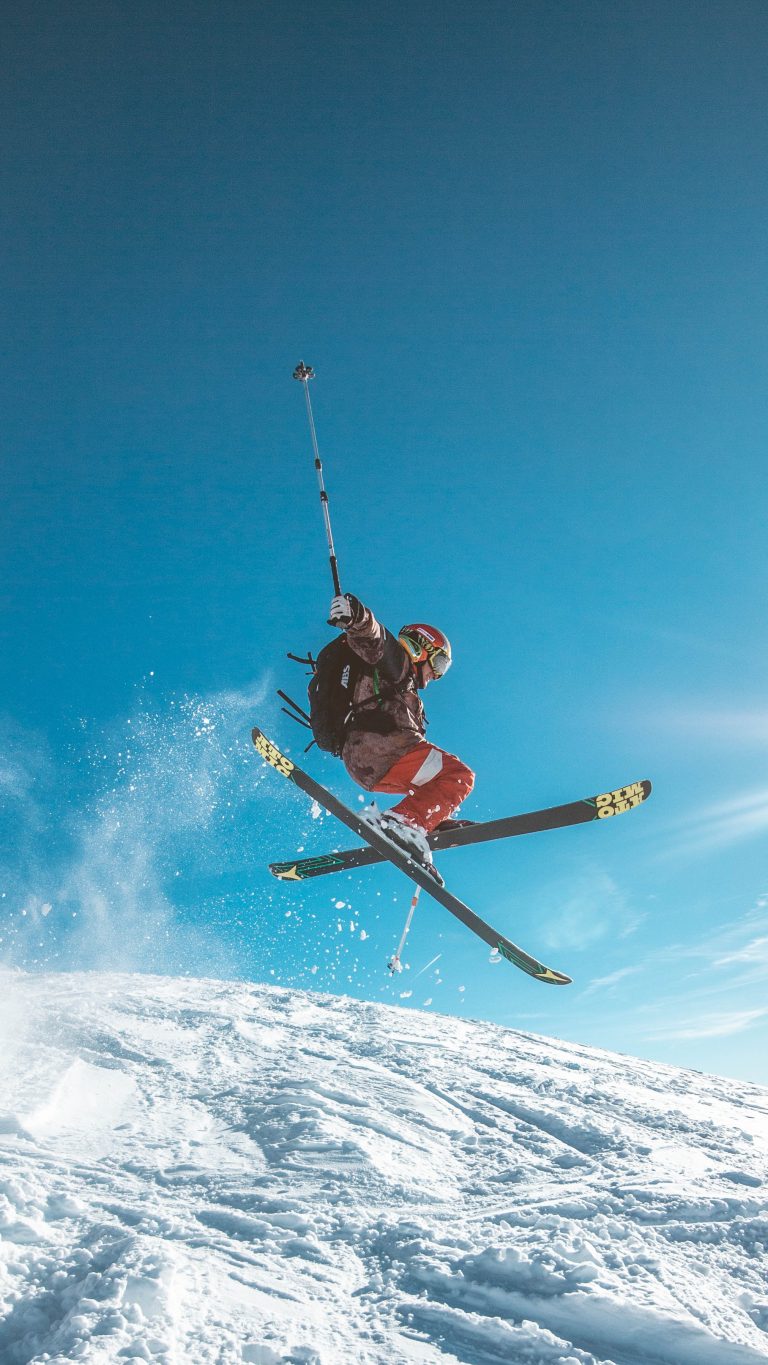Karate – How to Find the Right Teacher
If you want to learn Karate, finding the right teacher is crucial. A good Karate teacher can equip you with the proper techniques, help you develop your skills, and guide you towards achieving your goals.
What to Look for in a Karate Teacher
Here are some of the things you should look for when searching for a Karate teacher:
- Experience: It is important to look for a teacher who has several years of experience in teaching Karate. A teacher with experience has encountered various situations and can offer better guidance to their students.
- Qualification: Ensure that your teacher has a valid qualification that is recognized by an official Karate organization. You can inquire about their qualifications or confirm with the organization.
- Teaching Style: Every teacher has their own unique teaching style. You should look for a teacher with a style that suits you. Some teachers are strict, while others are more lenient. Observe their classes to see if their teaching style is compatible with your learning style.
- Good Communication Skills: The teacher should be able to effectively communicate complex techniques, ideas, and tactics to their students in a clear and concise manner.
- Patience: Karate takes time and patience to learn. Your teacher should have patience and a willingness to help you with your journey, no matter how long it takes.
- Positive Attitude: A good teacher should have a positive attitude towards teaching and their students. The teacher should encourage and motivate their students to reach their goals.
- Availability: Make sure to choose a teacher who is available to teach frequently. Often, the more you practice, the faster you learn.
Where to Find a Karate Teacher
There are many places to look for a Karate teacher:
- Online: You can search for teachers in your area online. You can check their profiles, qualifications, experience, and teaching style. Some teachers even offer online classes.
- Local Dojos: Visit the nearest dojo or Karate school in your area. You can directly inquire about the teacher’s experience, qualifications, and teaching style. You can even join classes as a guest before making a decision.
- Referrals: Ask for referrals from friends, family, and colleagues who practice Karate. They can recommend a good teacher based on their experience.
Conclusion
Choosing the right Karate teacher is important for your training journey. Ensure that the teacher has the necessary experience, qualifications, and teaching style that suits you. Good communication skills, patience, positive attitude, and availability are essential qualities of a good Karate teacher. Finally, find a teacher who believes in you and encourages you to reach your goals.
Karate – How to Find the Right Teacher: Answers to the Most Frequently Asked Questions
Karate is an ancient martial art that is still popular around the world for self-defense, discipline, and physical fitness. If you are interested in learning karate, the first step is to find the right teacher. But with so many instructors to choose from, it can be overwhelming to know where to start. Fortunately, we have compiled a list of the most frequently asked questions about how to find the right karate teacher.
1. Why is it important to find the right karate teacher?
Finding the right karate teacher is essential to achieving your goals in the martial art. A good teacher will not only teach you the physical techniques but also the mental and spiritual aspects of karate. Your instructor should be knowledgeable, experienced, and patient. With the right teacher, you can learn self-discipline, respect, and focus that can be applied to other areas of your life.
2. What qualifications should a karate teacher have?
A qualified karate teacher should have several years of training and experience in the martial art. Most instructors have earned a black belt or higher ranking in karate. It is also essential that they have undergone proper training as a teacher and have experience teaching students of all ages and skill levels. It is a good idea to research the instructor’s credentials and reputation before choosing to train with them.
3. What style of karate should I learn?
There are many different styles of karate, each with its own techniques and philosophy. Some popular styles include Shotokan, Goju-Ryu, and Kyokushin. It is vital to research different karate styles and find one that resonates with you. You may want to visit several dojos and observe a few classes before making a decision.
4. How do I find a good karate teacher?
The best way to find a good karate teacher is through word of mouth. Ask friends and family members who practice karate for recommendations. You can also check online reviews and ratings of karate instructors in your area. Attending local seminars, competitions, and workshops can also give you the opportunity to meet and observe different karate teachers.
5. What should I look for in a karate class?
When considering a karate class, there are several things to look for. The class should be challenging but also fun and enjoyable. The instructor should be able to explain techniques clearly and help students improve their form. The dojo should be clean, well-maintained, and have a positive atmosphere. The class size should be small enough to allow for individual attention from the instructor.
6. How do I know if a karate teacher or dojo is the right fit for me?
Choosing the right karate teacher and dojo is a personal decision. You may want to visit several dojos, observe classes, and meet different instructors to get a sense of their teaching style and philosophy. Look for an instructor who is patient, knowledgeable, and has a teaching style that resonates with you. It is also essential to find a dojo that has a positive and supportive atmosphere and aligns with your values and goals.
7. What should I expect from my first karate class?
In your first karate class, you can expect to learn the basics of karate, such as proper stance, punching, kicking, and blocking techniques. You will also learn basic etiquette and protocol, such as bowing before entering and leaving the dojo. Your instructor may assign you to practice certain techniques and forms at home. It is essential to have an open mind and be willing to learn and accept feedback from your instructor.
8. How long does it take to become proficient in karate?
Becoming proficient in karate takes time and dedication. It can take several years to earn a black belt, and even longer to achieve a higher ranking. The time it takes to become proficient depends on your individual goals, commitment to training, and natural ability.
9. What are some red flags to look out for in a karate teacher or dojo?
While most karate teachers and dojos are reputable and ethical, there are some red flags to look out for. Avoid instructors who lack qualifications and experience or have a history of unethical behavior. A dojo that emphasizes winning at all costs and promotes aggression over discipline and control should also be avoided. It is essential to trust your instincts and seek out an environment that fosters respect and personal growth.
10. Can karate help with self-defense?
Yes, karate can help with self-defense. By learning techniques for blocking, striking, and kicking, you can learn how to protect yourself in dangerous situations. However, it is essential to remember that karate is not just about physical techniques but also about the development of mental and spiritual discipline. The goal of karate is to avoid conflict whenever possible and to use self-defense techniques only as a last resort.
Conclusion
Finding the right karate teacher is essential to achieving your goals in the martial art. By following the tips outlined in this article, you can find a qualified and experienced instructor who aligns with your values and goals. Remember that the journey to becoming proficient in karate takes time and dedication, but with the right guidance, you can achieve your goals and reap the many benefits of practicing this ancient martial art.
Inhaltsverzeichnis






